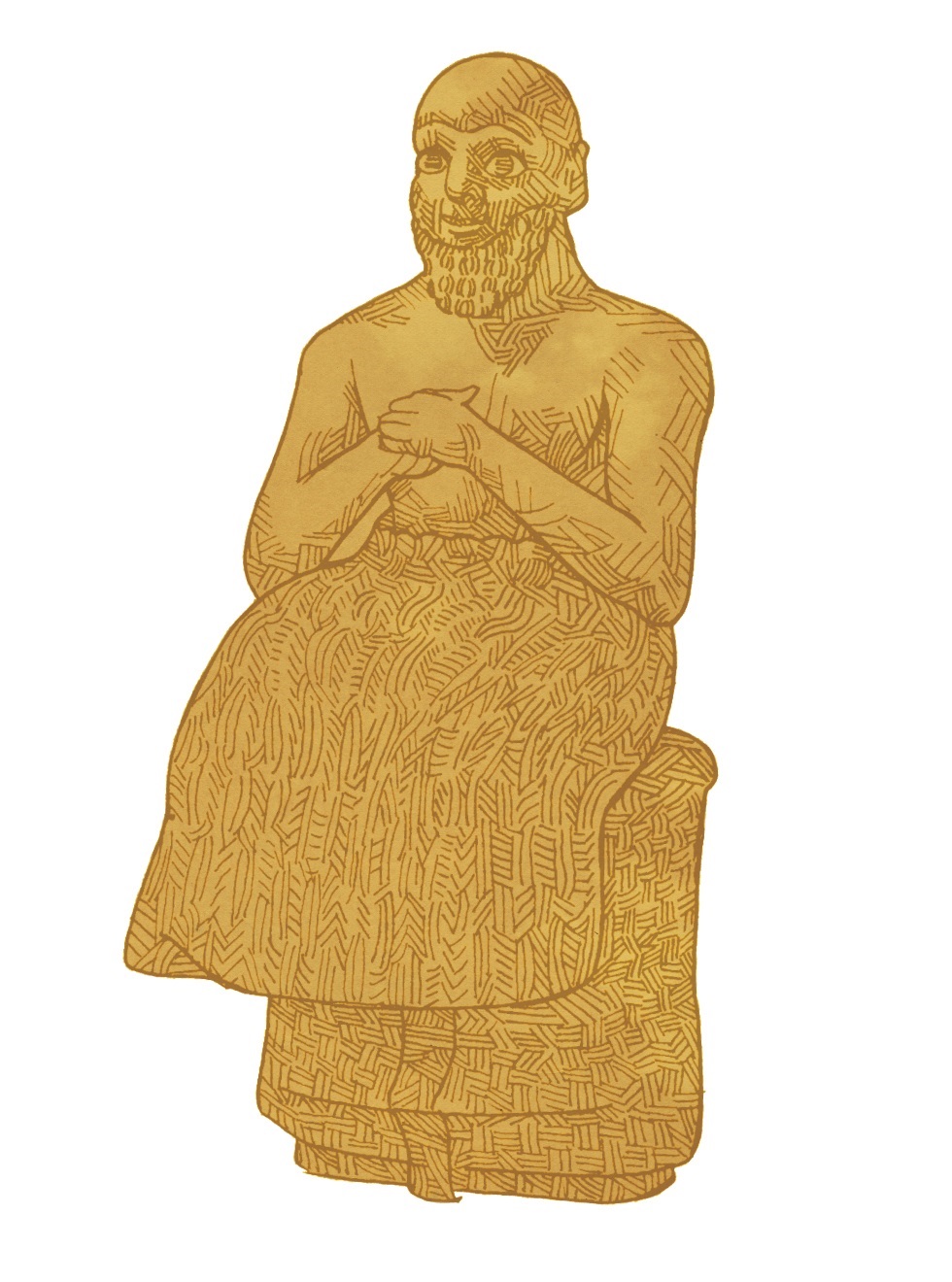Confused Language as a Deliberate Literary Device in Biblical Hebrew Narrative
DOI:
https://doi.org/10.5508/jhs.1999.v2.a6Abstract
This article presents a paradigm example of confused language in an ancient Near Eastern literary text, the Egyptian tale of "The Shipwrecked Sailor." It explains the pertinent passage as a clever literary device in which confused and irregular syntax is utilized to portray the confusion that characterized the moment of the shipwreck. It then proceeds to treat seven biblical passages where similarly confused language is invoked to portray confusion, excitement, or bewilderment. Two of these passages have been treated previously in the secondary literature: 1 Sam 9:12-13 and Ruth 2:7. The five new treatments concern Gen 37:28, Gen 37:30, Judg 18:14-20, 1 Sam 14:21, and 1 Sam 17:38.Downloads
Published
1999-12-31
How to Cite
Rendsburg, G. A. (1999). Confused Language as a Deliberate Literary Device in Biblical Hebrew Narrative. The Journal of Hebrew Scriptures, 2. https://doi.org/10.5508/jhs.1999.v2.a6
Issue
Section
Articles

 Statue of Ebih-Il, drawing by Simeon Goa, © Journal of Hebrew Scriptures
Statue of Ebih-Il, drawing by Simeon Goa, © Journal of Hebrew Scriptures
